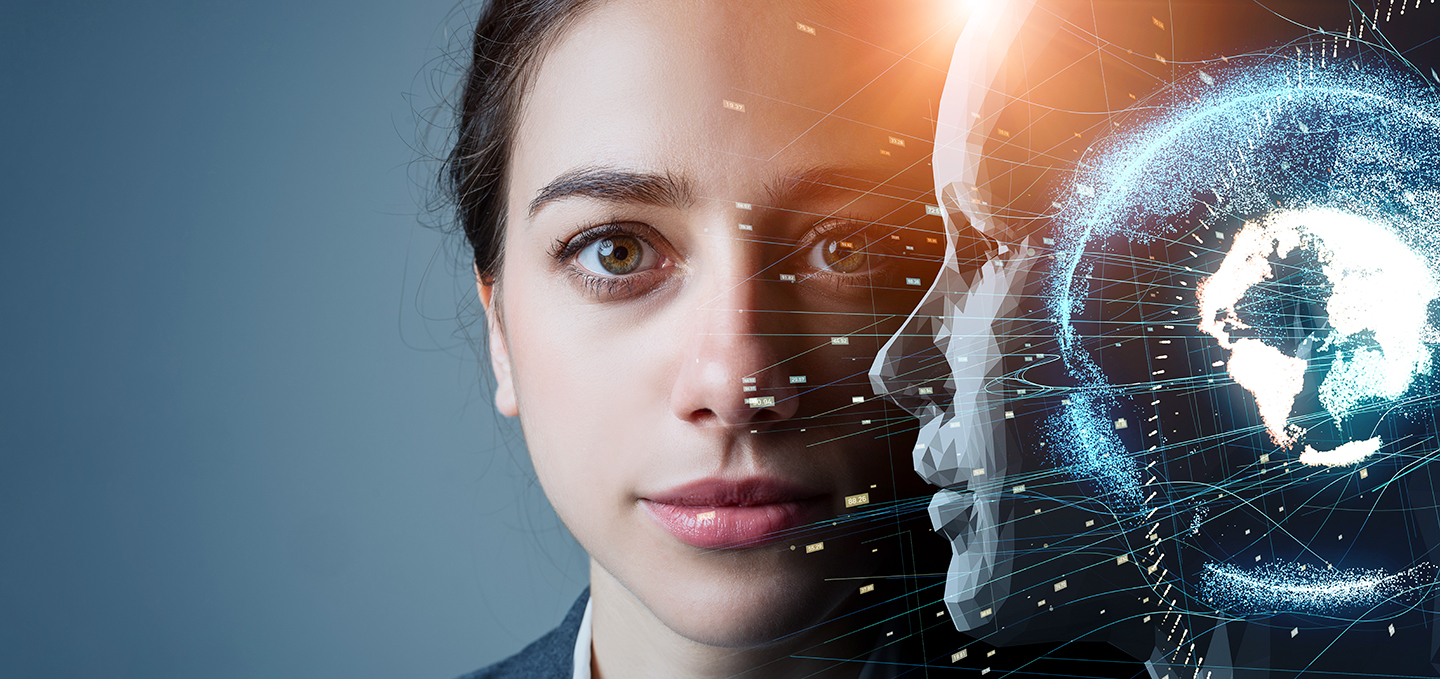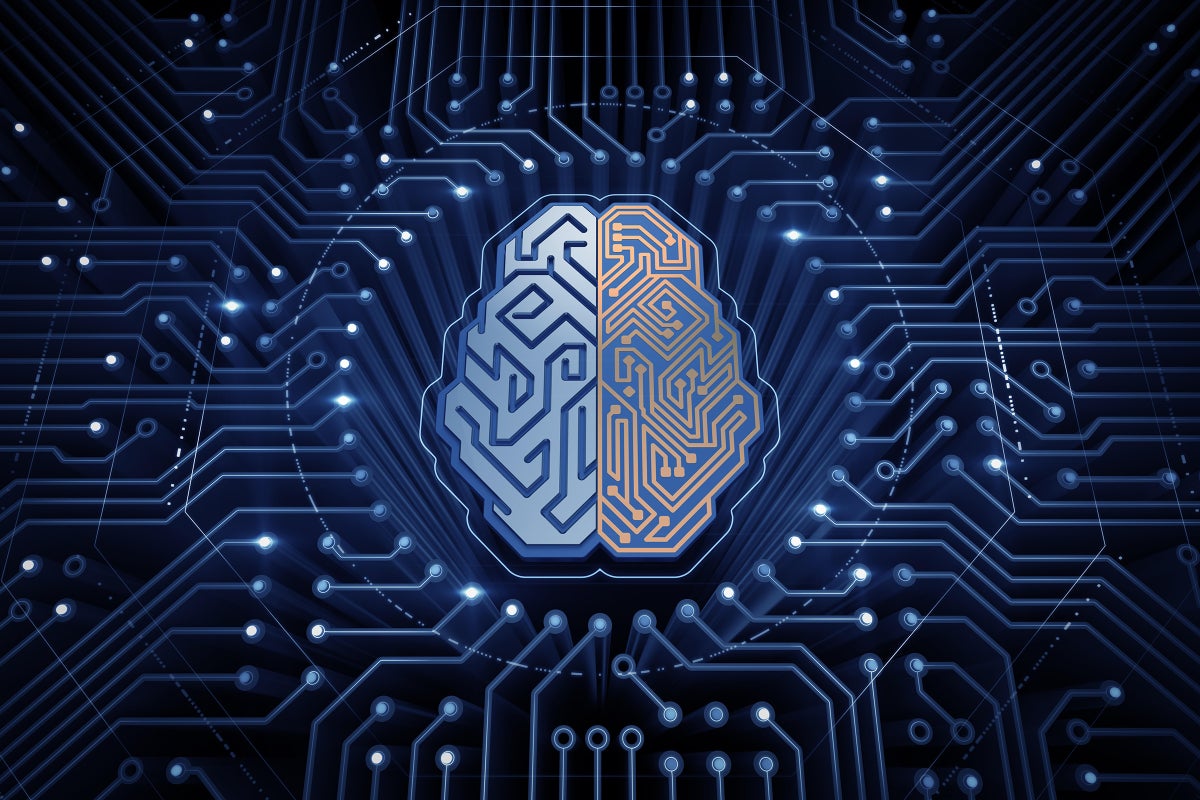From Information to Imagination: Exploring the Influence of Generative AI in the Field of Expert System
With the introduction of generative AI, a brand-new period is emerging, one that checks out the crossway of data and creative thinking. By utilizing the power of generative AI, we can open the ability for devices to produce original and creative web content. Join us as we check out the interesting trip from data to creative thinking, and uncover the extensive influence generative AI can have on the future of artificial knowledge.
The Rise of Generative AI
Generative AI has emerged as a cutting-edge field in expert system, reinventing the method equipments create brand-new content and interact with the globe. In the last few years, there has actually been a significant increase in the appeal and application of generative AI strategies. These techniques enable machines to autonomously produce one-of-a-kind and brand-new content, such as photos, music, and message, without explicit human input.
Among the vital elements adding to the rise of generative AI is the schedule of big and diverse datasets. With the development of the internet and the expansion of digital material, substantial quantities of data are now available to AI systems. This wealth of data gives the required resources for training generative AI designs, enabling them to find out and imitate human creativity.

Furthermore, the raised computational power and the schedule of specialized hardware, such as visual processing units (GPUs), have played a crucial function in the rise of generative AI. These developments have actually equipped AI systems to process and analyze substantial quantities of data, allowing them to produce web content quickly and efficiently.
Changing Creative Industries
The growing abilities of generative AI, fueled by developments in deep learning algorithms and computational power, have led to a transformative effect on creative industries. This innovation has reinvented the method creative specialists work, opening up brand-new possibilities and pushing the boundaries of human creative imagination.
Generative AI has actually enabled artists to explore new realms of creativity by using them devices that can produce unique and novel web content. In the field of aesthetic arts, generative AI formulas can assess existing artwork and create new pieces based on the design and features of the input. This not only saves time however also broadens the innovative opportunities, allowing artists to explore different designs and techniques.
In the songs market, generative AI has likewise had a considerable effect. It can compose new melodies and harmonies, developing music that was formerly unthinkable. This modern technology can even mimic the design of renowned musicians, enabling the development of brand-new tracks that seem like they were made up by artists that have lengthy died.
Furthermore, generative AI has actually found applications in other innovative areas, such as fashion and style. It can produce brand-new clothes styles, interior layouts, and building concepts, supplying developers with a riches of ideas and accelerating the innovative process.
Nevertheless, while generative AI offers amazing opportunities, it also raises honest inquiries and difficulties traditional notions of authorship and creativity. As this modern technology remains to establish, it is important to strike a balance in between human creativity and the capabilities of AI, guaranteeing that the last result reflects the objectives and imaginative vision of the human developer.
Enhancing Human-Computer Partnership
Partnership in between humans and computer systems is being improved via the integration of generative AI, resulting in a brand-new period of innovative possibilities. With the advancements in synthetic knowledge, people are now able to work closely with computer system systems to accomplish outcomes that were previously unthinkable. Generative AI, a part of AI that concentrates on developing brand-new content, has changed the means human beings and computers collaborate.
Generative AI makes it possible for computer systems to generate content, such as photos, music, and text, based on patterns and instances provided by humans. This collaboration permits human beings to utilize the computational power of AI systems to boost their here are the findings innovative procedures. Musicians can make use of generative AI to generate brand-new visual ideas or discover various styles, while musicians can produce one-of-a-kind compositions by teaming up with AI-generated tunes.
Additionally, generative AI can assist in jobs that call for large amounts of data processing, such as information evaluation and pattern recognition - generative ai company. By integrating AI systems right into the collaboration procedure, humans can utilize the computational capabilities of AI to analyze complex datasets and essence purposeful insights
Nevertheless, to ensure effective partnership in between human beings and computer systems, it is crucial to develop a clear understanding of the duties and responsibilities of each party. Human beings need to give the needed advice and proficiency, while AI systems can aid in the creative process by producing possibilities and options. This collaboration in between computers and people opens up brand-new opportunities for advancement and creativity, pressing the boundaries of what is feasible in various fields.
Moral Ramifications of Generative AI
As we look into the ethical ramifications of generative AI, it comes to be evident that this revolutionary modern technology raises considerable issues and considerations. Generative AI systems have the ability to develop, generate, and resemble human-like web content, such as pictures, video clips, and message. While this has actually opened up brand-new possibilities and chances in different areas, it has actually also sparked conversations regarding the prospective abuse and ethical predicaments related to such innovation.
Among the main problems is the capacity for deepfakes, which are adjusted or fabricated media that can deceive and mislead people. With generative AI, it becomes easier for harmful actors to produce convincing deepfakes, leading to false information, reputational damages, and also political adjustment. This presents a threat to the trust fund we put in electronic media and can have far-reaching effects for cultures and people.
Another moral consideration revolves around the problem of copyright. Generative AI systems can develop initial content that may infringe upon copyright regulations or elevate concerns about ownership and attribution. Identifying the civil liberties and responsibilities in such scenarios ends up being an intricate job, especially when AI-generated web content is tantamount from human-created content.
In addition, generative AI has the possible to perpetuate and enhance existing predispositions and discrimination existing in the training information. If the data utilized to train these systems has prejudiced info, the created web content might show and bolster those biases, resulting in unreasonable or inequitable end results.
In enhancement to these problems, there is also a demand to take into consideration the impact of generative AI on safety, authorization, and privacy. AI systems can accumulate, evaluate, and use substantial quantities of individual information, leading to potential breaches of personal privacy and worries about data protection. The consent of individuals whose information is used to train and enhance these systems have to be very carefully addressed to guarantee ethical techniques.

Future Prospects and Challenges
The prospective applications of generative AI are substantial and differed. Additionally, generative AI has the potential to enhance human-computer interaction by creating more responsive and intelligent digital aides and chatbots.
%20Is%20Used%20In%20Biometrics.jpg)
An additional difficulty is the need for even more sophisticated formulas and computational power to improve the top quality and effectiveness of generative AI systems. The current constraints in training time and computational sources hinder the prevalent fostering of generative AI in real-world applications.
Final Thought
Moral effects bordering generative AI needs to be carefully thought about and addressed. Looking ahead, future prospects and obstacles exist in additional checking out the potential of generative AI and locating a balance between creativity and honest considerations.
Generative AI has arised as a groundbreaking area in synthetic intelligence, revolutionizing the means machines produce new content and engage with the globe. generative ai company.Generative AI has allowed musicians to check out brand-new realms of imagination by providing them tools that can generate distinct and novel content. Generative AI, a subset of AI that focuses on creating brand-new web content, has actually transformed the method humans and computers work together
Generative AI systems have the capability to create, generate, and simulate human-like material, such as photos, video clips, and text. Generative AI systems can produce initial content that may infringe upon copyright legislations or raise inquiries concerning ownership and acknowledgment.